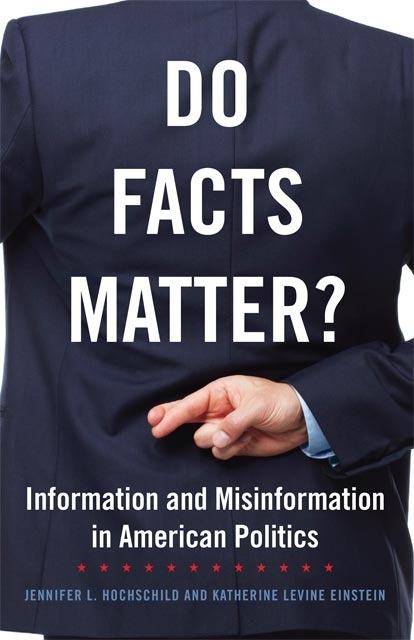Semester:
Offered:
The course considers theories of power in American political science and political theory; how to measure and use these theories to understand political choices. Attention to race, gender, class, legal standing, policies, history, values and institutional frameworks.
The concept of “power” is central to the discipline of political science and the practice of governance, but its meaning, measurement, causes, and effects are all elusive. The goal of the seminar is to give students clearer ways of thinking about power, preparatory to doing research throughout your careers that will in one way or another revolve around making sense of the concept.
To this end, we will pursue three more specific purposes. One is empirical – to examine how and when power is exercised, by whom, to what effect. The works focus mainly although not exclusively on the United States, and consider the power inscribed in institutions and rules ranging from constitutional design to regulatory decisions, as well as the power of individual actors or groups, ideas or cultures, and emotions or preferences.
A second purpose is analytic – to compare definitions of power, ways to measure it, theories about its origins and effects, and methodological choices for studying it. The first half of the course will follow in roughly chronological order the ways in which political scientists have developed analyses of power; the second half will address a variety of contemporary research programs.
A third purpose is normative – to explore the virtues and flaws of particular theories of power, structures or modes of exercising power, and distributions of power resources. The goal here is to develop arguments about desirable and feasible changes in the creation, distribution, and use of power, and to consider how those changes might be studied and implemented.
Link:
| gov_2335_power_in_am_2017.pdf | 309 KB |










